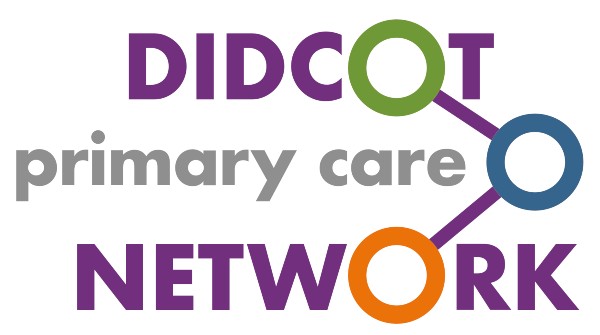We use cookies to help provide you with the best possible online experience.
By using this site, you agree that we may store and access cookies on your device. Cookie policy.
Cookie settings.
Functional Cookies
Functional Cookies are enabled by default at all times so that we can save your preferences for cookie settings and ensure site works and delivers best experience.
3rd Party Cookies
This website uses Google Analytics to collect anonymous information such as the number of visitors to the site, and the most popular pages.
Keeping this cookie enabled helps us to improve our website.
Social Prescriber Service
Social prescribing is a key component of Universal Personalised Care.
Social prescribing is a way for local agencies to refer people to a link worker. Link workers give people time, focusing on ‘what matters to me’ and taking a holistic approach to people’s health and wellbeing. They connect people to community groups and statutory services for practical and emotional support.
Link workers also support existing community groups to be accessible and sustainable, and help people to start new groups, working collaboratively with all local partners.

Social prescribing works for a wide range of people, including people:
- with one or more long-term conditions
- who need support with their mental health
- who are lonely or isolated
- who have complex social needs which affect their wellbeing.
- When social prescribing works well, people can be easily referred to link workers from a wide range of local agencies, including general practice, pharmacies, multi-disciplinary teams, hospital discharge teams, allied health professionals, fire service, police, job centres, social care services, housing associations and voluntary, community and social enterprise (VCSE) organisations. Self-referral is also encouraged.
A standard model of social prescribing has been developed in partnership with stakeholders, which shows the key elements that need to be in place for effective social prescribing;

